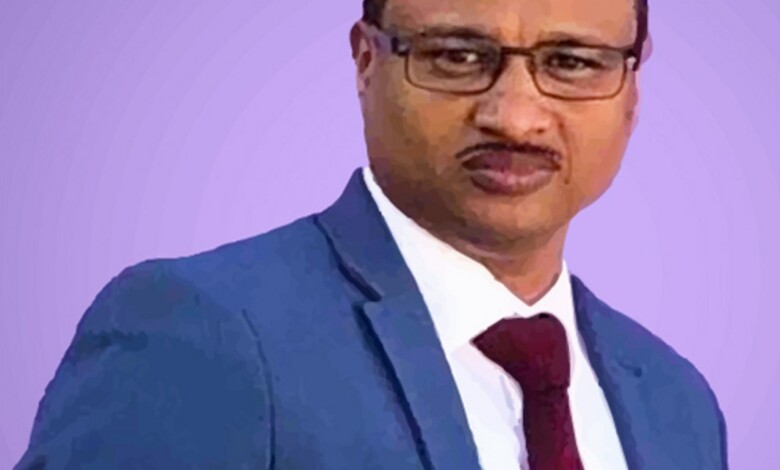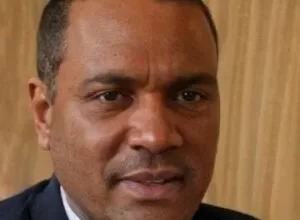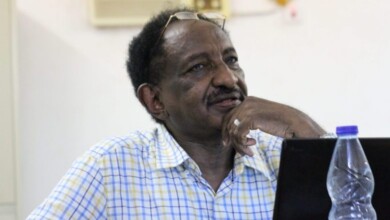Port Sudan Authority and the Second Path of National Fragmentation
Ammar Najm Al-Din

The Port Sudan government, headed by Abdel Fattah Al-Burhan, has become a symbol of division in Sudan, as it has adopted policies that directly lead to the fragmentation of the country geographically, economically and socially. Its control is realistically limited to only ten states, and the latest development of printing a new currency, with the old currency being in circulation in the territory under the Rapid Support Forces’ control means the existence of two currencies within the borders of one country, which further emphasizes the imminent economic division, as the central government loses control over financial activity in areas outside its influence.
Politically speaking, this situation reflects the weakness of the State and reinforces secession, as other regions become semi-independent entities with their own economic management and may resort to another alternative in circulation. This inherently reflects the political weakness of the State and pushes the country towards further secession.
Education, which was one of the symbols of Sudan’s unity, has in turn become a reflection of this division. The Certificate of Secondary Education (CSE) exams, which used to bring together students from all over the country, this year, more than sixty percent of students are taking the exam in areas outside the control of the Port Sudan government, reflecting the reality of the State’s absence in the overwhelming majority of Sudanese territory.
At the same time, the government has resorted to violent repressive policies against its opponents, including mass expulsion and assassination in various cities under the pretext of cooperation with other parties, making it almost impossible to achieve national consensus.
The war policies adopted by the Port Sudan government reinforce the state of chaos instead of seeking to achieve any kind of unity. Through the militarization of the conflict and the absence of any comprehensive political vision, the central government has lost its legitimacy in the eyes of large sectors of the Sudanese people, making the path of division an expected matter, naturally. Reproducing the scenario of South Sudan’s secession, however, this time in a broader and deeper manner.
In light of this crisis, a comprehensive national project emerges as a real option to rebuild Sudan on new foundations that spare the country the fate of disintegration. This project, which focuses on voluntary unity and social justice, has today become a popular demand and the basis for the discourse of political forces that believe in the necessity of radical change.
This vision is based on dismantling the central structures of marginalization, redistributing power and wealth fairly, in order to grant the State the ability to accommodate the cultural and ethnic diversity of Sudan instead of using it as a tool of conflict.
The policies pursued by the Port Sudan government perpetuate a reality that reduces Sudan to a mere fragmented entity, where large areas are left to be managed in isolation from the Central State.
The continuation of these policies means that the division will not be temporary, but will turn into a permanent reality that will -in turn- redraw the map of Sudan and exacerbate the suffering of its people.
The declaration of a national unity government, recognized internationally, represents a decisive step to delegitimize the Port Sudan government. According to International Law, this new government can then demand the declaration of internationally protected (Safe Zones), and impose a (no-fly zone) to ensure the protection of civilians and impose its Sovereignty over the entire national territory. This step isn’t limited to being a legal measure, but is a new hope in rebuilding a unified State that seeks to achieve justice and equal citizenship as well.
Despite the darkness surrounding the current Sudanese scene, building a comprehensive national project can restore the country’s cohesion. This project, based on the foundations of citizenship and justice, is the only option to abandon the path of fragmentation led by the Port Sudan government.
Sudan is faced with two choices today: Either to go down the path of division, which has become a reality that is becoming more entrenched as time goes by, Or to return to the path of voluntary unity, which can save the country from a dark fate that threatens its existence.





